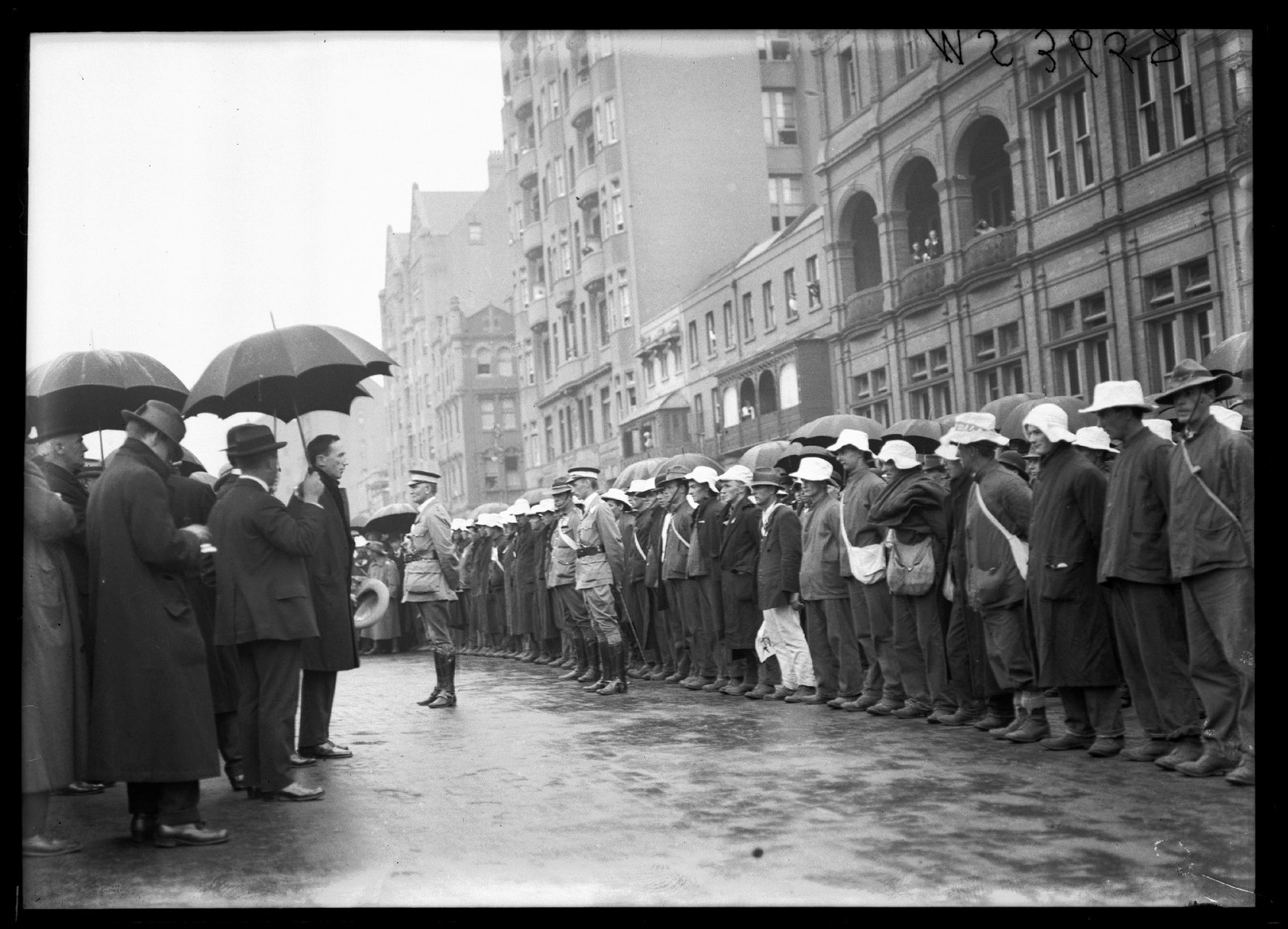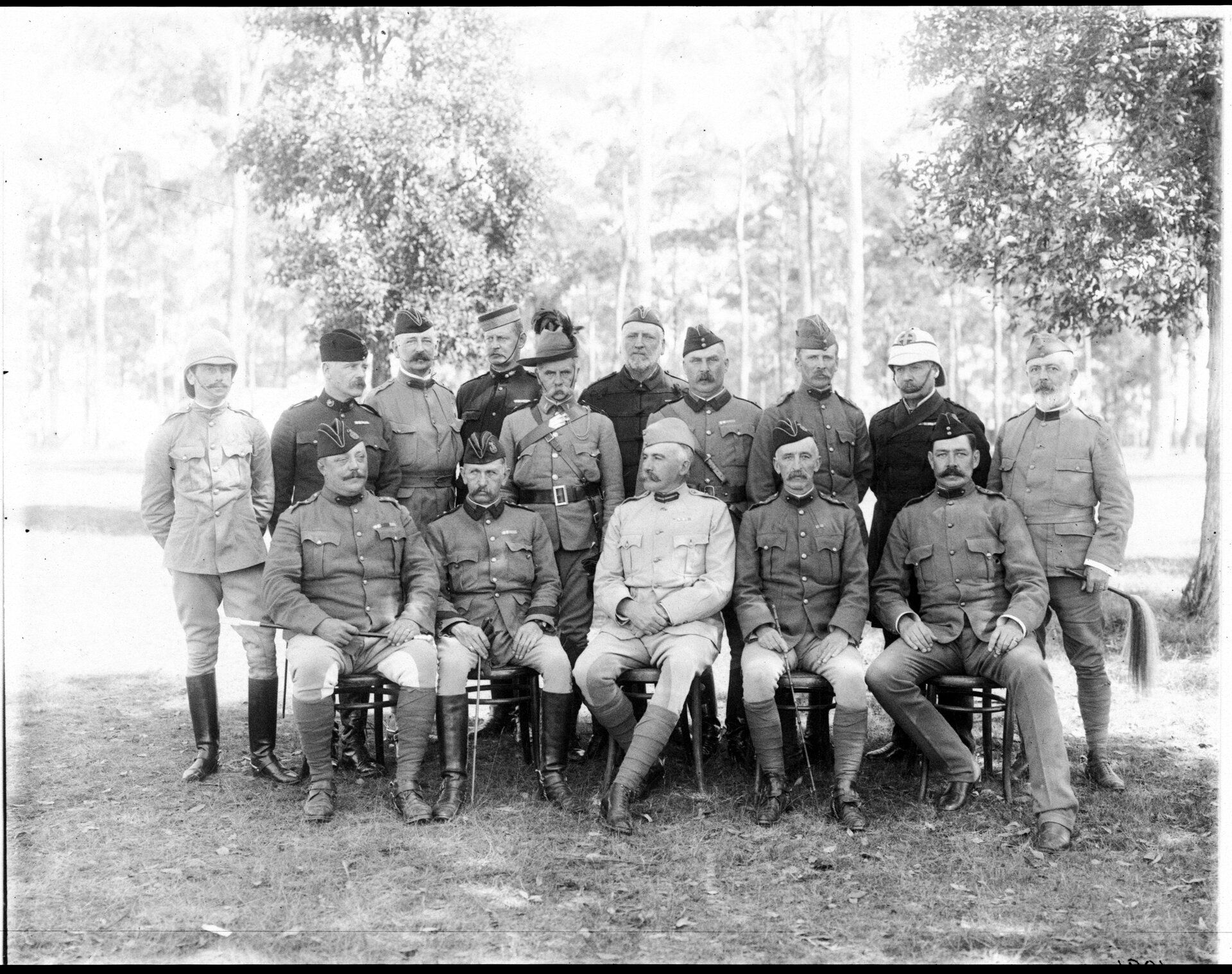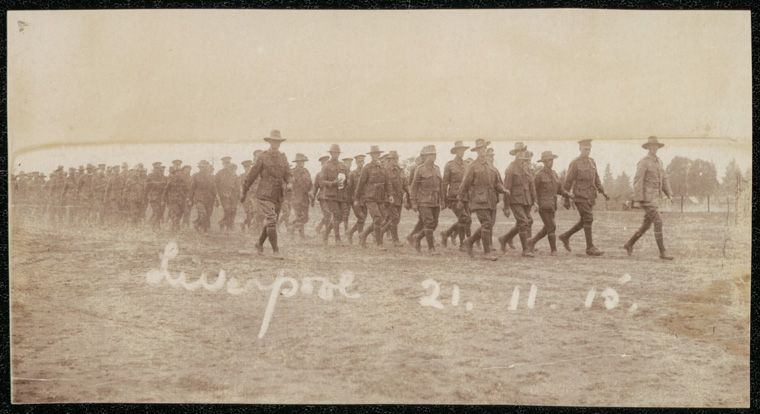A dubious defence
On 19 October 1921 Herbert Burridge, cook, 28 years of age, 5 feet 8½ inches tall, fair complexion, light brown hair and blue eyes, was listed in the New South Wales Police Gazette as a deserter from HMAS Cerberus.
He had ‘run’ from the ship on 24 September at Westernport in Victoria, but he was a Sydney man, from Kogarah, and had joined the navy only in August 1921. The warrant for Burridge’s arrest was cancelled in December. Perhaps the navy had discovered that Burridge had a criminal record. He had first appeared before the Children’s Court in 1908 at age 14, charged with stealing and sent to Mittagong Industrial Farm. In December 1913 he graduated to Darlinghurst Gaol, serving a six-month sentence for stealing 20 pigeons, and in April 1915 he was convicted at Grafton Circuit Court on a charge of horse stealing and a charge of break, enter and steal. He was sentenced to two years’ hard labour but was discharged on 2 December 1916 and enlisted, at Bathurst, in the First Australian Imperial Force on the same day.
Burridge’s war service was not distinguished. His service dossier is a litany of repeated absences without leave and disciplinary punishments – so many offences, charges and sentences that Burridge never reached the front, spending all of 1917, 1918 and the first six months of 1919 in England; this included three months’ imprisonment in a civil prison in Exeter, convicted of larceny.
Burridge returned to Australia in mid-1919 with a war bride, Daisy Brewer, whom he had married in England in August 1918, and managed to keep his name out of the police gazette until his desertion from the navy. Then follows a string of crimes and convictions. At one of his trials, in March 1925, for housebreaking, Burridge offered the dubious defence that he suffered from lapses of memory as a result of being hit over the head with a rifle during the war and was therefore not responsible for his actions.1
Twelve months later Burridge was sentenced at the Lismore Quarter Sessions for a burglary conviction. He told the judge that he was a returned soldier who suffered from shell shock and had twice been sent to a mental asylum, once on account of his war experiences and the second time from domestic troubles. The judge, declaring that Burridge had a ‘shameful record of dishonesty’, dismissed the plea and sentenced him to two years’ hard labour.2 It was the last straw for his war bride. In January 1926 she petitioned for divorce on several grounds, including the ground that her husband had spent so much time in prison during their marriage that she was habitually left without means of support.3
Notes
- Evening News, 11 March 1925, p8.
- The Telegraph (Brisbane), 11 March 1926, p4.
- State Archives NSW: NRS 13495, Divorce papers Daisy Burridge-Herbert Burridge, item 254/1926.
Published on
World War One

Military personnel guide
This guide provides information on how to find arrivals of early military personnel and a list of records in our collection relating to Early British Army Regiments in NSW; Volunteer Force; Sudan Expedition; Boer War; World War I and World War II.

On This Day
17 Dec 1915 - 'Waratah' recruitment march
On 17 December 1915 the "Waratah" recruitment march arrived in Sydney

Researching your military ancestors
An introduction to key sources in the collection for researching military personnel in the 1800s and early 1900s

On This Day
1916 military riot in Sydney
On 14 February 1916 thousands of soldiers from the Liverpool military camp took strike action
